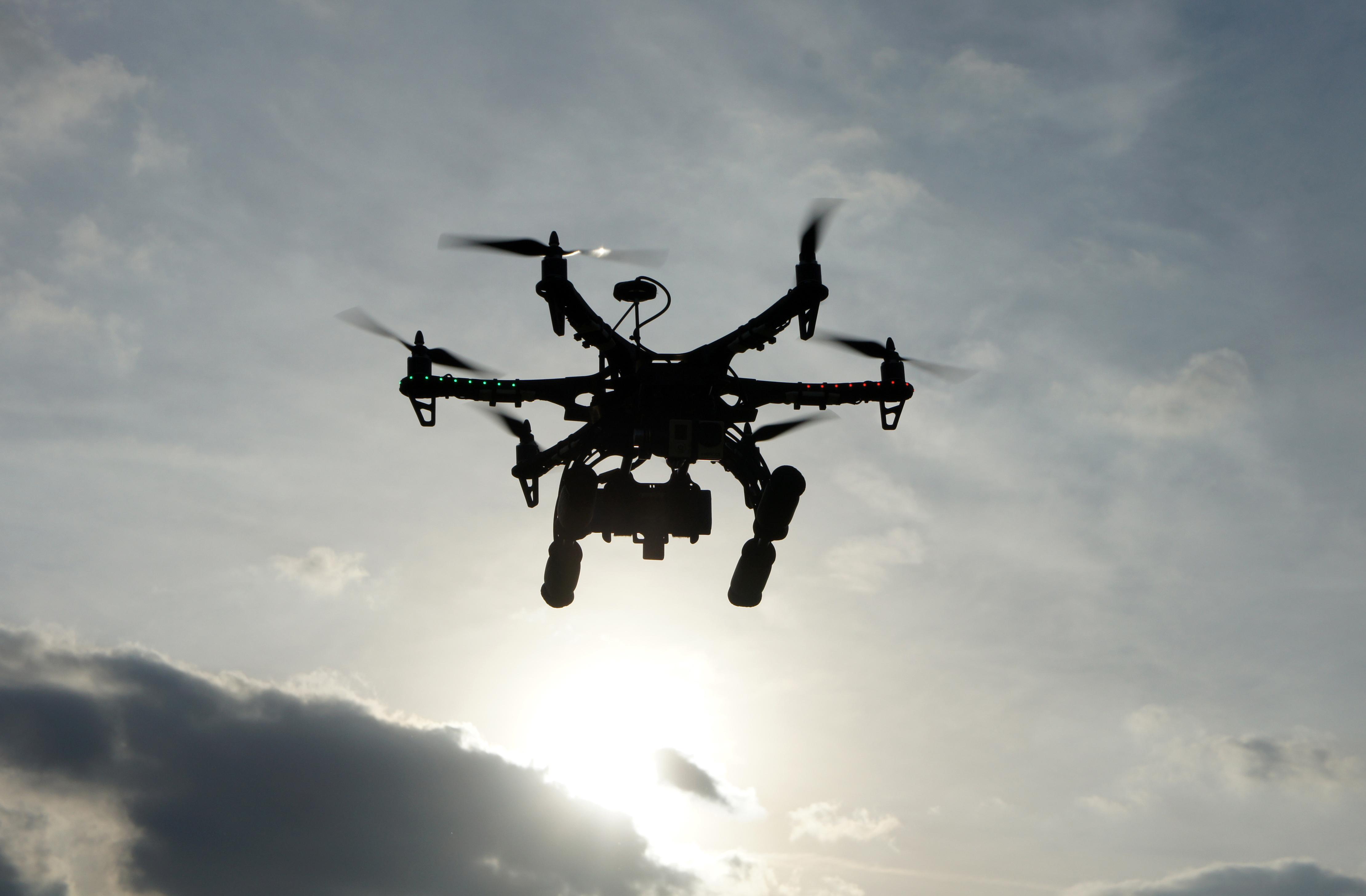How Next-Gen Batteries Are Reshaping The Drone Industry’s Supply Chain
The drone industry is on an exponential rise, unlocking a plethora of opportunities across various sectors like agriculture, logistics, and surveillance. However, as the demand for drones surges, current battery limitations are becoming a significant bottleneck for business growth. This is where next-generation battery technology steps in, promising to revolutionize the way drones operate and, consequently, how the entire supply chain functions.
Jaehee Sweeney, the Chief Business Development Officer (CBDO) at BEI, is at the forefront of this innovation. With a strong background in chemistry and materials science, Jaehee has been instrumental in developing cutting-edge battery solutions that address the energy efficiency and weight challenges faced by drone manufacturers today. Her insights shed light on how next-gen batteries are not just enhancing drone performance but are also reconfiguring the supply chain landscape.
Current Battery Challenges in the Drone Industry
One of the biggest hurdles facing the drone industry is the limited energy capacity of traditional batteries. Most drones currently rely on lithium-ion batteries, which, while effective, have constraints in terms of weight, energy density, and charging times. These limitations can restrict flight times and payload capacities, making it difficult for businesses to maximize their operational efficiency.
The Promise of Next-Gen Battery Technologies
Next-generation batteries, including solid-state and lithium-sulfur technologies, offer a promising alternative. These advanced batteries not only provide higher energy densities but also reduce the weight significantly, allowing drones to fly longer and carry more. This can lead to enhanced applications, from longer delivery routes in e-commerce to more extensive agricultural monitoring.
Impact on Supply Chain Efficiency
The integration of next-gen batteries into drone technology is set to transform supply chains significantly. With increased flight times and capabilities, businesses can streamline operations, reduce transportation costs, and enhance service delivery. For instance, logistics companies can now deploy drones for last-mile deliveries without the constraints of frequent recharging, ultimately speeding up the entire process.
Environmental Benefits
Moreover, these advanced batteries can also contribute to sustainability efforts in the drone industry. By increasing the efficiency of energy use, companies can reduce their carbon footprints. As consumers become more environmentally conscious, companies adopting next-gen battery technology may find themselves at a competitive advantage in the marketplace.
Looking Ahead: The Future of Drones and Batteries
As we look to the future, the potential of next-gen batteries extends beyond just drones. The innovations being developed can also impact other sectors reliant on battery technology. As Jaehee Sweeney and her team at BEI continue to push the envelope, we can expect to see a ripple effect throughout various industries, reshaping how we think about energy, efficiency, and technology integration.
In conclusion, next-generation battery technology is not just a game-changer for the drone industry; it’s a catalyst for supply chain transformation. With increased energy capacity, efficiency, and sustainability, the future of drone operations looks brighter than ever.
For more insights on battery technology and its applications, check out our article on the role of innovative technologies in logistics.

